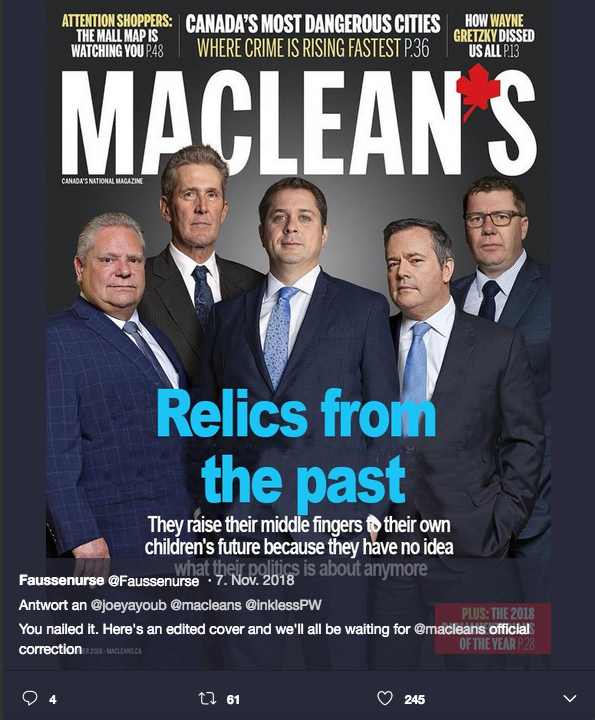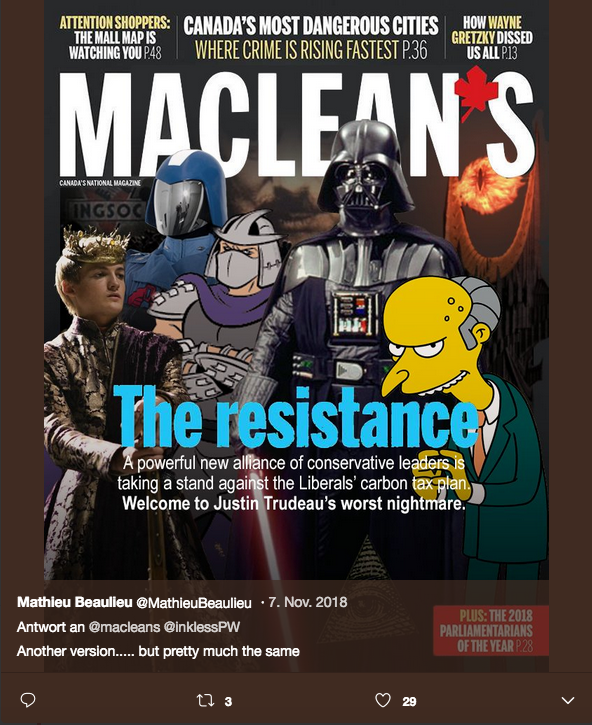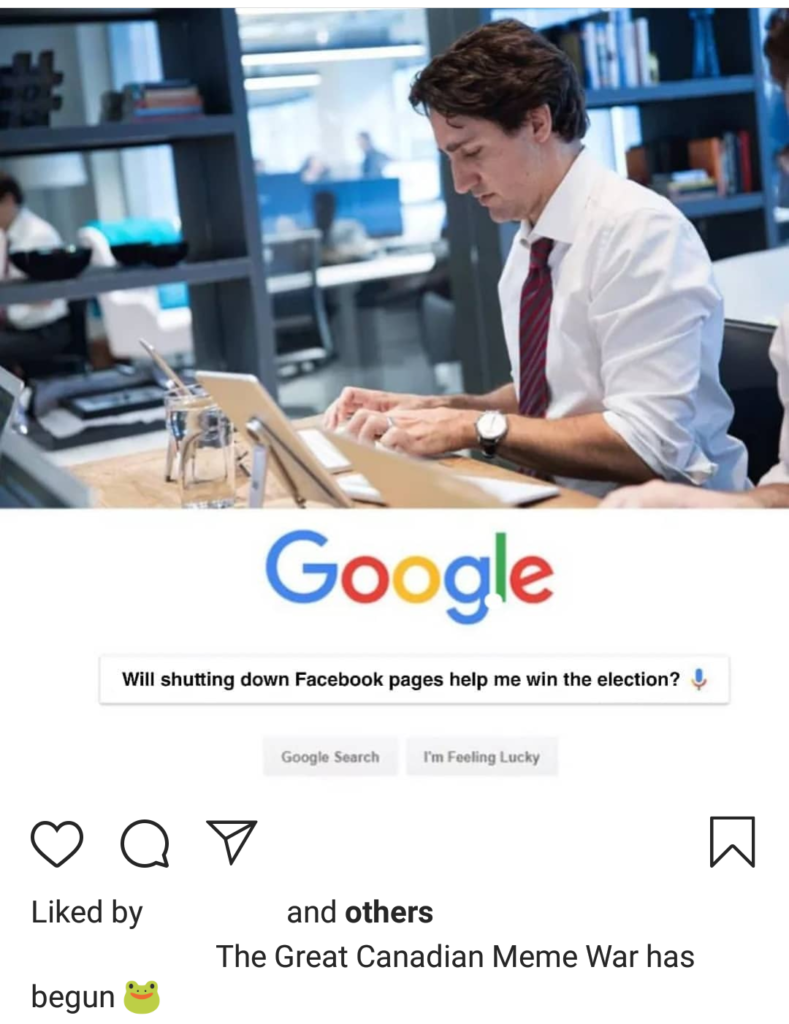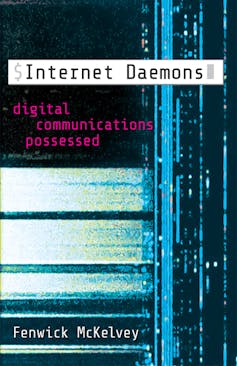Highlights
Internet users were quick to ‘meme’ last week’s scandalous images of Trudeau dressed in ‘brownface’ and ‘blackface’. Memes differed by the political allegiance of those who shared them, illustrating how party supporters make memes to help their party’s public image.
Anti-Trudeau Conservative memes highlighted Trudeau’s hypocrisy, questioned his character, and characterized Liberal party accusations of racism as disingenuous.
Memes from the left focused on the broader social issue, choosing to address racism in Canada and the skin tone of its NDP leader Jagmeet Singh rather than targeting the specific images of Liberal candidate Justin Trudeau.
Pro-Trudeau Liberal memes sought to minimize the incident, focusing more on characterized Conservative leader Andrew Scheer as the real threat.
Analysis
The Algorithmic Media Observatory is tracking October 2019’s Federal Election in Canada specifically through memes, or images inspired by Internet culture.
Ugly and home-made but also incisive commentary and artful craft, memes offer a unique vantage point from which to observe public opinion and, crucially, how party supporters and engaged citizens use the internet to identify with parties, leaders and movements.
To date, we have identified roughly 30 Facebook groups posting memes about Canadian politics, some professional other seemingly user-generated. We have found that:
- There is a strong presence of anti-Trudeau and Conservative meme groups on Facebook. These groups are among the largest, most active in the sample.
- There are smaller, but equally active, meme communities for Liberal and NDP supporters that share memes daily.
- Meme groups care about different issues (climate change in the left and center vs. political corruption on the right and center), but the Trudeau scandal mobilized all sides.
These three features are clearly exhibited in the top 20 Facebook groups by follower count.
Most groups post negative content about Liberal candidate Justin Trudeau. Anti-Trudeau groups have a much larger follower count (approximately 900,000 anti-Trudeau followers), although we hesitate to give much weight to follower counts given how easily these numbers can be artificially manipulated. In the past few days, some Liberal groups have remained committed to the party, but tried to distance themselves from Trudeau.
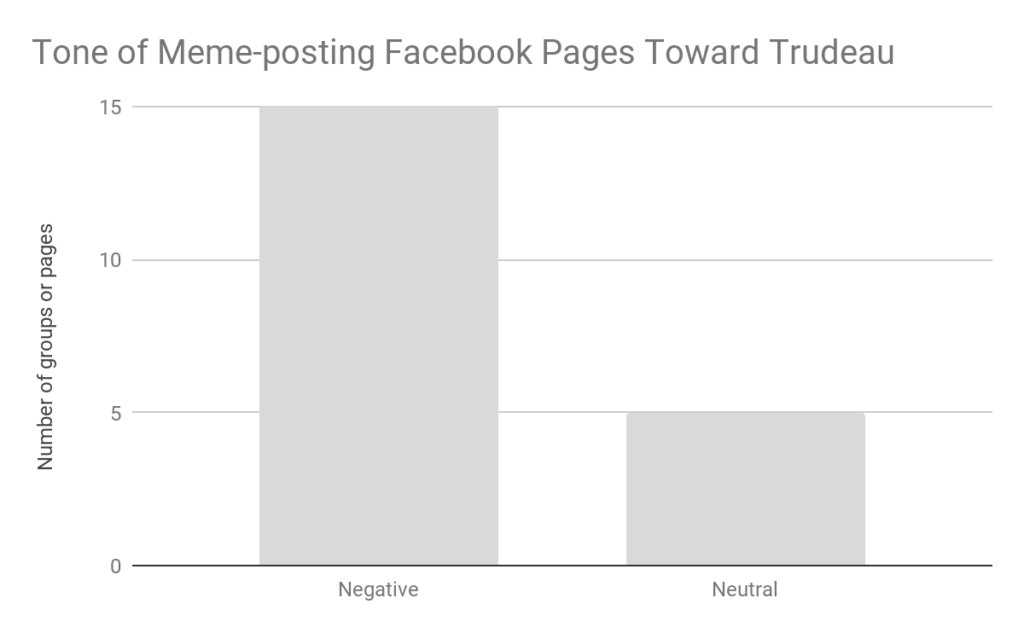
Conservative and Anti-Trudeau Memes
Among more conservative circles, memes emphasized the hypocrisy of Justin Trudeau and his followers. Memes, such as Figure 1, use the scandal as a chance to discredit Liberals as hypocrites. In doing so, these memes re-frame a discussion about race in politics as an opportunity to discredit any accusations of racism in the campaign, especially from Liberal candidates and supporters. These memes suggest some blowback to the Liberal’s strategy of opposition research and negative campaigning against the Conservative party. Anti-Trudeau memes, such as Figure 2, also connect Trudeau’s poor judgement in 2001 with tropes and opinions of his other moral shortcomings (like being too ‘gropy’ with women).
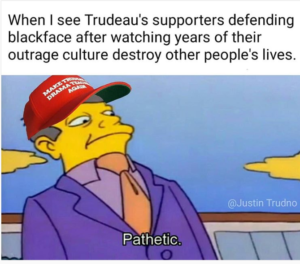
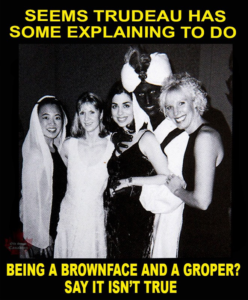
Left and NDP Memes
Unlike conservative groups, NDP supporters heavily mocked the prime minister’s actions as racist, as seen in Figures 3 and 4.
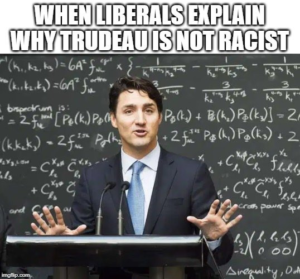
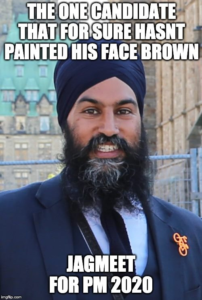
Emblematic of the NDP’s focus on social issues, the memes showed direct concern of racism, pushing themselves onto a socially moral high ground with their own leader, Jagmeet Singh. Memes questioned Liberal sentiment, presenting the defense of Trudeau as humorous and ridiculous as well as the calling out the ignorance of Liberals regarding structural racism in Canada.
Liberal, pro-Trudeau Memes
Pro-Trudeau, Liberal memes have attempted to do damage control by attacking conservatives. Their memes ignore the black/brownface actions and focus instead on discussing racism within Canadian politics in general. These memes identify the Conservative candidates, party and ideology as a worse version of Trudeau’s actions, implying that Trudeau is not being “as” racist as the Conservative party, as seen in Figure 5
We have also observed Liberal groups sharing a photo of Stephen Harper during an honorary Indigenous ceremony, removing the context of the image to fabricate their message. This strategy backfired, as Robert Jago explains:
Here’s a public service berating: Liberals, when you send this picture around and say – look Harper did it too – he’s not at a Halloween party, he’s at a Native ceremony. That paint, the headdress, you’re laughing at a Native ceremony. YOU are the racist asshole in this scenario – Robert Jago
Other Liberal memes also downplay the damage this will have to the Liberal party’s election fortunes, questioning whether the past transgression of Trudeau would lead to “minorities” to vote for Scheer as seen in Figure 6.
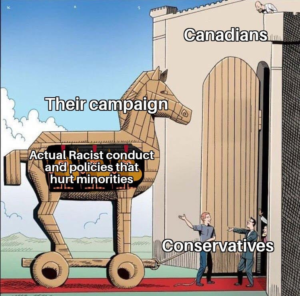

Through memes, we have a new vantage point to understand partisanship in Canada as well as the ways message control may operate on so-called ‘user-generated’ content.
As the black/brownface controversy and election generally progress, memes will continue to further dialogue and opinion on candidates and the election. Our analysis of this event offers an important snapshot of how different segments of Canada’s political spectrum interpret racist acts and highlights how politics and humour intersect.
